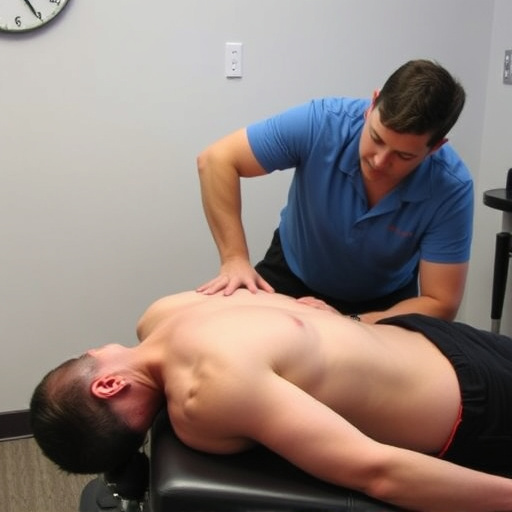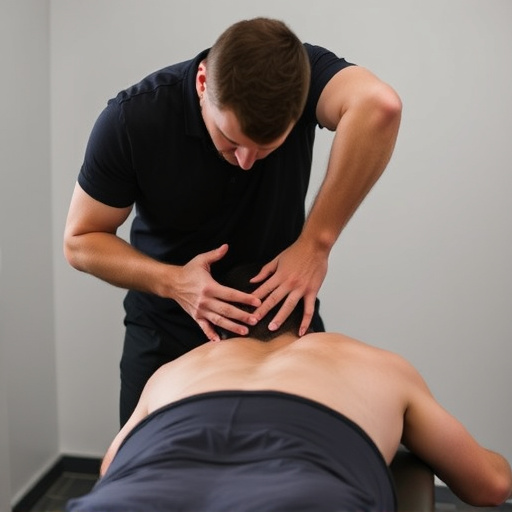For an effective auto injury assessment, gather all relevant medical records including diagnoses, treatment plans, and imaging scans. Keep a detailed journal of pain episodes, duration, and location. Prepare specific questions tailored to your needs, inquire about services, duration, and pain management strategies for proactive engagement with healthcare providers.
“Preparing for your auto injury assessment is crucial for ensuring a smooth and accurate process. Before your appointment, gather essential medical records and reports related to your injuries. Document all symptoms and their impact meticulously. It’s beneficial to prepare questions in advance to clarify any doubts with the assessor. By following these steps, you’ll be well-prepared to navigate the auto injury assessment, providing valuable insights into your condition.”
- Gather Essential Medical Records and Reports
- Document All Injuries and Symptoms Precisely
- Prepare Questions for the Assessor Ahead of Time
Gather Essential Medical Records and Reports

When preparing for an auto injury assessment, it’s crucial to gather all essential medical records and reports that can support your case. This includes previous and current diagnoses, treatment plans, and any imaging scans or tests results related to your injuries. These documents provide a comprehensive overview of your health status and can help healthcare professionals accurately assess the extent of your auto-related injuries.
During your appointment, having these records readily available ensures efficient navigation of your medical history. This is particularly important when seeking chiropractic care for conditions like sciatica relief, as precise documentation enables practitioners to develop targeted treatment plans aimed at mobility improvement.
Document All Injuries and Symptoms Precisely

When preparing for an auto injury assessment, one of the most crucial aspects is documenting all injuries and symptoms accurately. During the initial consultation, your healthcare provider will want to know every detail about your physical discomfort, including when it began, its severity, and any specific activities that aggravate or alleviate it. Keep a detailed journal, noting each episode of pain, its duration, and location. This includes any aches, spasms, numbness, or tingling sensations – even those that seem minor at the time.
Remember, an auto injury assessment is not just about identifying immediate injuries; it’s also about understanding how these incidents can lead to long-term conditions like herniated disc treatment or chiropractic care needs. By providing precise and comprehensive information, you empower your healthcare team to develop an effective treatment plan tailored to your unique circumstances.
Prepare Questions for the Assessor Ahead of Time

Before your auto injury assessment appointment, take some time to prepare a list of questions for the assessor. This proactive step will help ensure that all your concerns and queries are addressed during the evaluation. As you reflect on your experience with auto injury assessment, consider specific aspects related to your sports injury recovery or general wellness care. For instance, inquire about the range of services offered, the duration of the assessment process, and whether they cater to pain management strategies tailored to your needs.
Having these questions ready demonstrates your engagement in taking control of your healing journey. It also facilitates open communication, enabling you to gain valuable insights into how the assessor will assist in managing your auto injury and promoting your overall wellness.
An auto injury assessment is a crucial step towards securing the compensation you deserve. By bringing along essential medical records, accurately documenting your injuries and symptoms, and preparing thoughtful questions, you empower yourself to navigate this process effectively. Remember, the more prepared you are, the smoother the journey towards healing and fair resolution.














